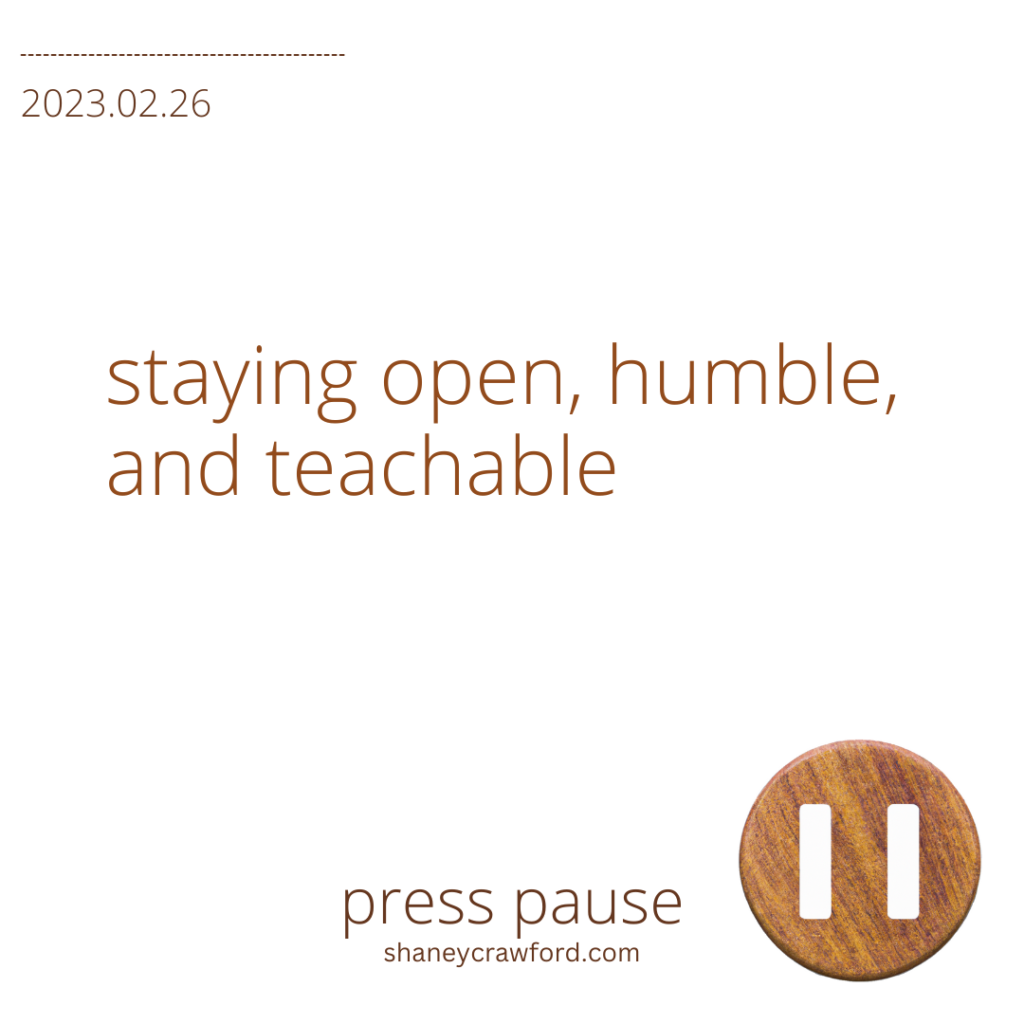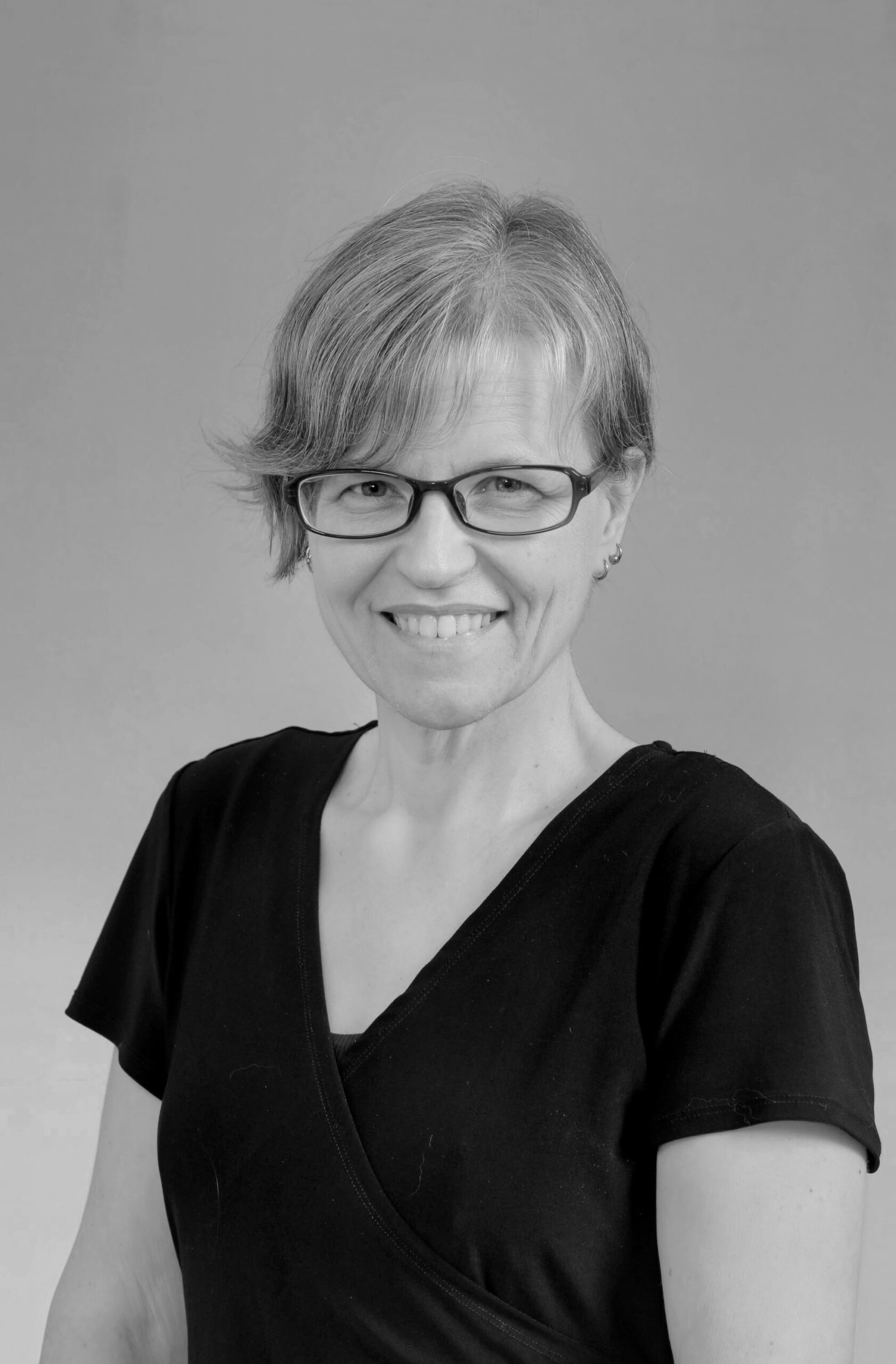At my school last week, we had a workshop on “Diversity, Equity, Inclusion, and Justice (DEIJ) in an Educational Setting”. (Thank you to Margaret Park for deftly facilitating the two-day workshop at my school, and to Joel Llaban for introducing Margaret to us.) This is an area that all (good) international schools are now actively working on, especially since the agencies that accredit our schools have wisely made it a central focus of their latest standards. Trying to figure out DEIJ in schools is hard work, or rather, complex work, but it is important for all educators to have a very robust understanding of how power, privilege, oppression, and marginalization play out in schools.
Listen to this post as a podcast!
This is a really hard topic to write about, but I would like to try, because it’s important. I welcome feedback on what I am going to write about today, as I want to stay open and teachable on this topic. I apologize ahead of time for any missteps that I take along the way, and I welcome correction from those who know better than me.
Our workshop started out with an investigation into identity. There are so many pieces to our individual identities, such as gender, sex, race, ethnicity, sexual orientation, language, religion, social class, marital status, age, ability, nationality/citizenship, tribal status, body size, etc. As a part of the workshop, we were asked which parts of our identity we think about the most/least, which parts we want to learn more about, and which parts have had the strongest effect on how we perceive ourselves and how others perceive us.
In my case, whether I like it or not, my weight has formed a huge part of my identity for most of my life. It was — presumably — the first thing that people noticed about me, and I felt like it prejudiced people against me on a regular basis. I suffered from micro- and macro-aggressions due to my weight, and it made me feel “othered” on a regular basis. I have been blessed with many wonderful friends throughout my life who never talked about it to my face, but it was always there as a thing that divided me from “normal people”.
I think that my experiences as an overweight person, as a woman, and as a non-Japanese person in Japan have given me some insight into how it feels to be a marginalized person. I want to be careful, though, to say that I also have a lot of privilege, as a white person who is highly educated and financially stable, as an English speaker, as a cis-gendered person, etc., so I am not trying to say that I am not privileged. I clearly am. What I am saying is that when it comes time to talk about power, privilege, oppression, and marginalization, I am ready to listen.
I have a close friend who is African American, and he has been teaching me about race for several years now, pre-dating the George Floyd protests in 2020. As a white person, I have a lot to learn about how it feels to be marginalized in the way that “BIPOC” (Black, Indigenous, and other People of Colour) experience on a regular basis. I try to stay humble and teachable in this domain as I have not experienced this kind of systemic and sustained marginalization first hand, and people like me, with the privilege that I have experienced due to my race, may tend to underestimate or downplay the impact of racial identity on a person’s life.
During the workshop, my mind wandered back 40 years (!!) to my Grade 6 class. (It is shocking to me that it was that long ago, because I can still remember what it was like to be a kid in that class.) There were twenty-six children in my class. I am still in contact with one of my classmates in real life, twelve of them through Facebook, and three more of them through their siblings on Facebook. I think that if we tried to organize a reunion, we could probably manage it without too much trouble.
Except that there might be one student who wants nothing to do with the rest of us.
Twenty-five of the students in my class were white, and one was Black. Let’s call this one student Michael. When I try to recall any personal encounters I had with Michael, I come up blank. I was around 12 years old in Grade 6, so I mostly hung out with the other girls, but there were eleven boys in that class, and I have fairly clear recollections of at least speaking to nine of them, and for some of them, I knew where they lived and had even been to their houses and met their parents.
Not Michael. I don’t know where Michael lived, and I never visited his house. And — this is when People of Colour who are reading this are going to either sigh or scream — my primary memory of this boy was that he seemed to be angry a lot of the time.
When I think back now, as an adult, at the fact that my only recollection of Michael is “angry”, it makes me feel the kind of sadness/regret/guilt/shame that makes actual cracks in a person’s heart. Yeah, he was probably pretty angry. I wouldn’t have been super happy being the only Person of Colour in my class, in a town that was probably 99% white. But he was also just a little boy. He was just the same as all of us in pretty much every way except for one thing — the colour of his skin — and we definitely treated him differently because of it.
I don’t have any recollection of actual encounters with him where I said racist things to him, but that’s only because, as I said, I don’t have any recollection of any actual encounters with him. I’m sure that my words and actions, whether they were directed to him or not, could have been perceived by him as racist. And the mere fact that I don’t have any recollections of personal interactions with him means that at the very least, I did not engage with him in the same way as I did with most of my other classmates. I may have ignored him or “othered” him, or done other things to make him feel like he didn’t belong. I don’t know if he has any memories of interacting with me, but if he does, I doubt they are entirely positive.
Over the years, I have asked my classmates if any of them know where Michael is now, as I feel strongly that I (we) owe him an apology. I haven’t been able to locate him, and it could be that he has no desire to be found by any of us. So, what I would like to do now is write out what I would like to say to Michael, if I am ever able to find him.
Michael, I am sorry. I am sorry that my own imagination failed to expand to include your reality. I didn’t see you. I failed to see you. I regret that my curiosity, which in other domains helped me learn about so many other things, failed to lead me to learn from you.
I want you to know that I have thought about you a lot over the years. Every time I learn something about Black culture, or how it feels to be a Black person in Canada, or in the world, I think about you. I want you to know, Michael, that people can change. I want you to know that if I am able to meet you again some day, I will listen to you. I will see you. I will do better.
I want to be the kind of educator who notices Michael. I want to be a part of a school that makes sure that Michael feels like he belongs, where he is not “othered”. I want my school community to be a place where Michael is valued and honoured for his identity. I want to learn from Michael, and I want Michael to feel hope.
At the end of the workshop, we were challenged to think about how we can change ourselves in order to break the cycle of socialization that got us to where we are now. Here are ways that I want to do better.
- I will seek out and listen to stories from people who are not like me.
- I will use my imagination and curiosity to try to look at the world from different perspectives, and to learn, unlearn, and re-learn.
- I will ask questions.
- I will speak up when I feel that someone is being marginalized or oppressed.
- I will try to use my power to raise awareness, and to push for changes that are within the realm of my control.
- I will seek feedback on the consequences of my choices and actions, so I can be aware of my impact, both positive and negative, intended and unintended.
- I will aim to be humble and teachable in this domain so I don’t miss out on valuable opportunities to learn and improve my beliefs, thoughts, and actions.
I can’t go back and tell that little boy that “it gets better”, but hopefully I can be part of the reason why it actually does get better.
Some footnotes on today’s article:
- This is a bit different from the kinds of articles that I have been writing lately, but I felt like this needed to be written about now.
- As I said at the start of this article, if there is anything that I have said here that needs to be called out, call me out! I am particularly aware that people like me can take wrong steps when we think we are doing the right thing. I can have good intentions, but I can’t know what my impact is unless you tell me.
- I was calling my articles “Today’s Idea”, but I have decided to change the title to “Press Pause”.



